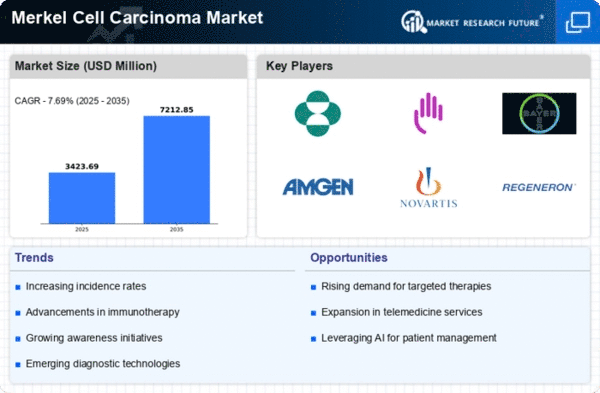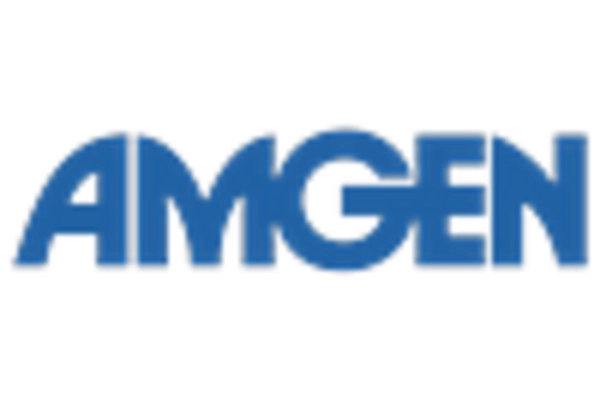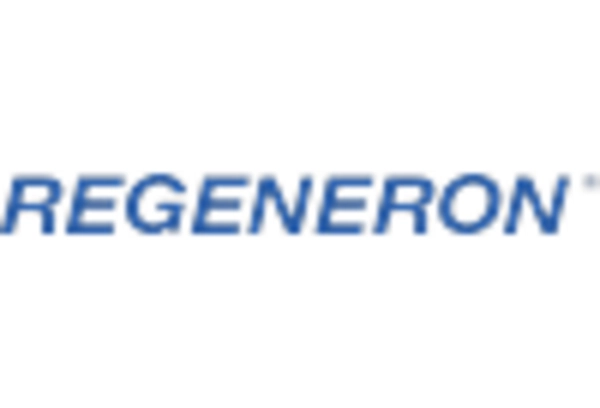Market Analysis
In-depth Analysis of Merkel Cell Carcinoma Market Industry Landscape
The dynamics of MCC treatment market reflect a dynamic landscape driven by a combination of scientific advancements, regulatory considerations, and changing healthcare priorities. Merkel Cell Carcinoma (MCC) is an unusual type of aggressive skin cancer that has resulted in significant research and development activities over the past years. The understanding of the molecular basis of this disease has been increasing , resulting in targeted therapies and immunotherapies being developed for MCC.
One important market driver is the incessant growth in the knowledge about molecular pathways that are involved in MCC. In-depth studies on genetic mutations and immune system interactions causing the development of MCC have continued to be funded by researchers and pharmaceutical companies alike. It is at this level that more innovative treatment approaches have been introduced so as to target directly at the roots of disease occurrence. As a consequence, precision medicine is taking root with respect to therapy management strategies where practitioners are more focused on addressing individual patient profiles than before.
Regulatory considerations play a crucial role in shaping the dynamics of the MCC treatment market. There is an evolving regulatory framework governing cancer therapies including those for MCC which supports innovation and expedited approval pathways. Regulatory agencies now realize that patients suffering from rare aggressive diseases such as mcc need effective treatments hence they approve promising drugs quickly . This shows how regulatory agencies are streamlining accelerated approvals for potentially life-saving medicines specifically designed to treat cancers such as Merkel Cell Carcinoma.
Market dynamics around treating mcc have also been affected by growing interest from healthcare industry towards personalized medicine and immunotherapy. One way it works uses immune checkpoint inhibitors like pembrolizumab to enable you body resist even destroy cancerous cells found withing your body? The success story behind immunotherapies for other cancers has prompted research funding on similar approaches for MCC (7). Consequently, there has been upsurge in development if immune therapeutic agents thus contributing towards diversified & innovative treatment options.
Patient advocacy groups/awareness have greatly shaped the market dynamics of MCC treatment. There is increasing awareness about MCC among both healthcare professionals and general population with a corresponding need for effective and easy to reach treatment options. Advocacy groups and foundations supporting patients have been actively fundraising, influencing health policies and offering support services to people suffering from MCC. The result has been an increased focus on partnership in the production and availability of therapies for treating Merkel Cell Carcinoma."


















Leave a Comment